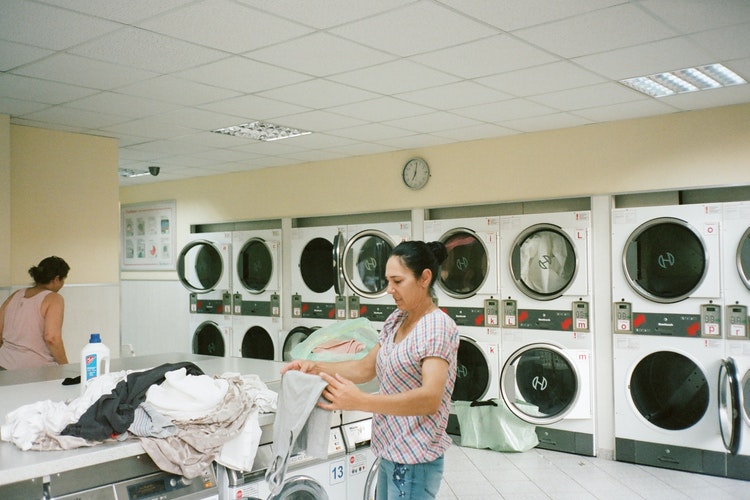If you asked any employee or entrepreneur to just go on and list the most important sources of high workplace productivity, it is quite likely that they would name teamwork in the top five (or even three) factors. Still, are the productivity of your team and the success of your projects the only two benefits of teamwork? Of course not. Here are four less known ‘side-effects’ of teamwork, as well as a few tips on how to take full advantage of them.
1. Greater loyalty
The first thing you need to keep in mind is the fact that the workplace synergy is one of the most important factors in making people want to stay. Sure, the chance of advancement and one’s salary aren’t to be underestimated either, however, over 27 percent of people who intend to leave their company are likely to list the lack of office synergy as their main reason. With this in mind, more teamwork means greater loyalty, which also means a higher chance of making people stay.
2. Better way of dealing with creative tasks
On a project, in an ideal situation, everyone focuses on their task and carries their own weight. Still, in some of the more creative tasks, it isn’t as easy to make a clear division of labor. For example, if you were to make a corporate video (on your own or under professional supervision), you never know when one of your team members is going to step up with a great idea.
Still, not everything is about ideas either. Presentation skills, confidence and an eye for detail are also important here, which means that every single person out there has a chance to contribute. As for the aforementioned supervision, some companies allow professional actors, writers and film directors to offer some guidance to your team during the process. Another benefit of such a course is that it teaches your staff how to do a good presentation.
3. Wider sense of ownership
One of the main goals of nearly every business owner is to try and show their team that working for the advancement of the company somehow benefits them as well. With the individual worker, it is usually clear that their main motivation is the advancement of their own position in the company. Every time they get credit for a job well done, they are moving one step closer to that raise or promotion they have as their short-term goal. Additionally, every business achievement is one more thing to add to their CV during the next job hunt. With teamwork, however, it is much easier to create a wider sense of ownership and help every single person in your employ see your company as their own.
4. Easier risk-taking
Finally, having people work in groups will encourage them to take some riskier moves which might yield a better ROI. Earlier on, we mentioned that individual workers get all the credit for a major success, well, they also take all the blame if things go south. In a team, however, both rewards and blame are equally distributed, which means that your employees will have a much greater likelihood of going for an out-of-the-box idea. In some tasks, this is exactly what you need.
Conclusion
From these four points alone, it is clear that teamwork contributes more than you would imagine. Aside from helping your team feel more comfortable in their workplace, it also nurtures their corporate loyalty and encourages them to take risks. Sure, it goes without saying that individual work isn’t completely bad either. In fact, it has some overwhelmingly positive sides. For instance, it makes it easier to concentrate, you always get to make your own decisions and one person gets to call all the shots. Still, it is always good to know what you can expect before you make up your mind for any of these two models.
Dan Radak is a marketing professional with eleven years of experience. He is a coauthor on several websites and regular contributor to BizzMark Blog. Currently, he is working with a number of companies in the field of digital marketing, closely collaborating with a couple of e-commerce companies.





